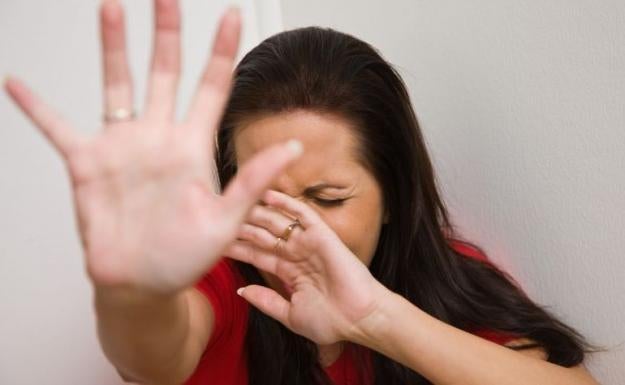It is a time when the person suddenly suffers from a very intense and irrational fear or fear, the duration of which can vary between minutes and hours. They usually appear out of nowhere and their maximum intensity is reached in about 10 minutes, however, this can last longer if the individual does nothing to escape or leave this situation.
If a person suffers frequent and intense panic attacks triggered by various factors, it is necessary to consult a specialist, some make desperate attempts or efforts to get out of the situation, but do not always succeed, others are dedicated to waiting for him to pass. “
- The recurring feeling is fear.
- Terror.
- Fear.
- Panic or whatever you want to call it.
- High intensity physical symptoms such as pulmonary hyperventilation.
- Tachycardia.
- Shortness of breath.
- Tremors.
- Dizziness.
- Nausea.
- Headache.
- Etc.
- In many cases.
- The person does not want to leave their home or work; you prefer to be accompanied and do not want to use public transport.
Attacks have no warning; they can happen at any time or anywhere, they begin as a growing anxiety, to which anxiety and physiological arousal are added, without apparent cause or, at least, without us being able to notice it, they have a clear trigger: they appear abruptly and unexpectedly to the normality of a person, to their daily life. These symptoms may persist even after the person has managed to calm down.
Some signs appear at the time of seizure and others remain hidden in the dark, such as instability, migraines, hypertension, chest pain, tachycardia, breathing difficulties, etc.
Although panic attacks are short-lived, they are so intense that people with panic attacks think that it has been hours rather than minutes since the episode began. It is common for a person to think that they are on the verge of death or that they desperately want to escape anywhere. Not being able to do this physically increases fear and affects your ability to reason. The average age of appearance of this problem is 22 years and it is believed to be due to a family disconnection (or life in youth) or personal autonomy (having to take care of one’s own). lifetime). The sensations range from loss of control or sanity to death, the flight from a place, situation or moment, or an unreal perception of what is happening.
We do not provide a list of all triggers for panic attacks, as they depend on the characteristics of each person or situation. However, it is possible to identify some of these conditions:
? Hereditary predisposition: they can also be related to education (environmental factors), situations in which fear is implanted in children to protect them, a very fearful mother, a parent obsessed with control, child trauma, etc.
? Biological causes: generalized anxiety, stress or obsessive-compulsive disorder, hyperthyroidism, vitamin B deficiency, hypoglycemia, post-traumatic stress disorder, inner ear disorders, among others.
? Phobias: they also generate short-term fear and, if not treated, can go from bad to worse, from spiders to confined spaces, planes or people.
? Medications: Certain medications such as antidepressants, stimulants, or depressants (caffeine is the most common) can cause panic attacks.
? Persistent causes: think all the time negatively, have bad image of yourself, bad thoughts about something, repressed feelings, constant doubts, lack of self-affirmation (when confrontation is avoided and communication is more passive).
? Withdrawal syndrome: A panic attack can appear as a symptom when you stop using any type of substance, whether legal or illegal (alcohol, drugs, tobacco, medication, etc. ).
Once it has been determined that a person suffers a panic attack, the next step is to deal with this situation, it takes time and patience for the patient to be able to cope with fear and not avoid or avoid it. are really very effective:
1- Remember that your feelings are just an exaggeration of what is happening or what is really happening 2- It is only an unpleasant, harmful, nor dangerous moment and nothing bad can happen 3- More alarming negative thoughts between the two attacks; it’s better to imagine something wonderful like a bird, a flower, one afternoon. 4- Pay attention to what’s going on with your body and not in your mind 5- Wait and let that fear pass; Don’t fight, accept it, see alone, as it came 6- Remember that when you stop thinking about bad or alarming things, fear disappears 7- The main thing is to face fear and not avoid it; This is a great opportunity to improve 8- Think about the progress you’ve made despite everything 9- Look around as soon as you feel better and appreciate everything you’re 10- Start moving slowly when you’re ready; don’t run or force, do everything slowly.

